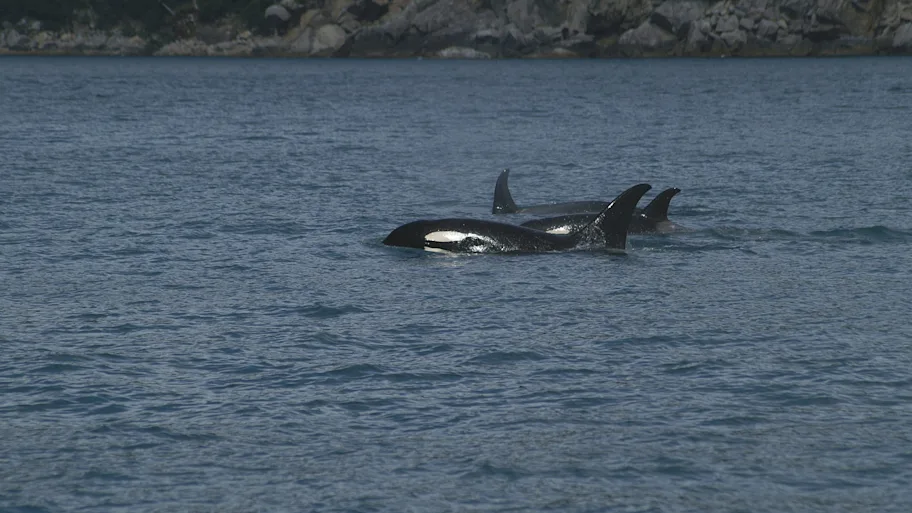
- Science News
- Featured news
- When procrastination becomes unhealthy: Here are five Frontiers articles you won’t want to miss
When procrastination becomes unhealthy: Here are five Frontiers articles you won’t want to miss

At Frontiers, we bring some of the world’s best research to a global audience. But with tens of thousands of articles published each year, it’s impossible to cover all of them. Here are just five amazing papers you may have missed.
Procrastination could go hand in hand with risky health behaviors
Procrastination, or deferring actions voluntarily despite knowing that we might be worse off for it, can momentarily offer a solution to an unpleasant task but could negatively impact health and well-being if it becomes chronic behavior. Healthy behaviors are also more difficult to adapt and stick with in daily life and may encourage procrastination as they aren’t instantly rewarded.
In a recent Frontiers in Public Health article, researchers in Italy investigated the relationship between procrastination and unhealthy behaviors in a cohort of more than 500 students.
The researchers found that people who procrastinated more had poorer sleeping habits, unhealthier eating patterns, and consumed more alcohol. They also found that participants who engaged in more than one of these unhealthy behaviors were two to three times more likely to be procrastinators.
Article link: https://www.frontiersin.org/journals/public-health/articles/10.3389/fpubh.2024.1432763/full
Climate change threatens the livelihoods of people depending on Africa’s great lakes
Climate change affects all ecosystems, lakes among them. In Africa, the greatest lakes - Chad, Victoria, Tanganyika, and Malawi (also known as Nyasa/Niassa in Tanzania and Mozambique respectively) store carbon, exchange greenhouse gases with the surrounding atmosphere, modify local climates, and support the livelihoods of millions of people.
In a recent article, researchers in South Africa reviewed literature that chronicles climate-induced changes in Africa’s greatest lakes. They published their results in Frontiers in Water.
Their study showed that changes in rainfall, temperature, and winds have particularly strong impacts on lakes’ ecosystems and are most impactful on water-based livelihoods, first and foremost economic fishing. The study also highlighted that water management strategies, management of invasive species, and programs and measures that promote climate-resilient fisheries are important to enhance climate resilience of African lakes and ensure the livelihoods of those living off them.
Article link: https://www.frontiersin.org/journals/water/articles/10.3389/frwa.2024.1443989/full
Microplastics more abundant in ocean surface than previously thought
In recent years, microplastics have been found in almost all aquatic habitats and life forms – however the amount of plastic finding its way into the oceans and the amount found there do not add up, indicating a missing sink.
Writing in Frontiers in Marine Science, researchers in the UK collected data of microplastics from the surface of the ocean using a catamaran built for sampling microplastics in the open sea.
Their results showed that microplastic particles in ocean surface waters of the North Sea by far exceeded the measurements that had been determined previously. Most fragments were commonly used plastics such as polyethylene and polystyrene, which likely stemmed from broken-up plastic bags, water bottles, and fishing gear. This demonstrates, the researchers wrote, that microplastics are abundant in ocean surface waters, which should be monitored closely and studied more extensively to better understand plastic contamination of our oceans.
Article link: https://www.frontiersin.org/journals/marine-science/articles/10.3389/fmars.2024.1430307/full
How waste could be turned into food: the case of peanut hulls
Most peanuts are produced in countries where food security is scarce and food waste itself is a considerable source of greenhouse gases. Peanut hulls are used for animal feed or as building materials. They are, however, also suitable for human consumption.
Writing in Frontiers in Nutrition, researchers in the US have summarized current uses of peanut hulls for human consumption and proposed future applications that could make meaningful impacts for food availability and the nutritional composition of common foods like bread.
Peanut hulls’ dry weight is 60% dietary fibers and 7% protein. They also contain many natural chemicals that could help prevent disease. Increasing the concentration of dietary fiber in common foods, for example, could have various beneficial effects for cardiometabolic health and cholesterol loss. Therefore, peanut hulls – if used in food production – could increase the total amount of healthy food available for human consumption, the authors wrote.
Article link: https://www.frontiersin.org/journals/nutrition/articles/10.3389/fnut.2024.1453315/full
What podcast type can make specialized science approachable?
Are podcasts a suitable medium for science communication when it comes to highly specialized disciplines? Writing in Frontiers in Communication, scientists in Slovenia and the UK have investigated what type of podcast was most effective to inform listeners about mass spectrometry, an analytical technique used to determine molecular compositions of various substances.
They created four different podcasts for their study – one 10, two 15, and one 30-minute episode focusing on a different specific application each – and used questionnaires for basic information on participants’ podcast listening behavior and interviews to assess the listeners’ more profound opinions on the podcasts.
Their results showed that podcasts can be a suitable medium for complex science communication, but that incorporating humor and storytelling enhanced engagement and comprehension among listeners. The results also showed a conversational format was preferred, although preferences varied depending on the listeners’ age group and education level. This highlights the importance of tailoring podcasts to the target audience, the authors wrote.
Article link: https://www.frontiersin.org/journals/communication/articles/10.3389/fcomm.2024.1384389/full
REPUBLISHING GUIDELINES: Open access and sharing research is part of Frontiers’ mission. Unless otherwise noted, you can republish articles posted in the Frontiers news site — as long as you include a link back to the original research. Selling the articles is not allowed.






